Sure! Here’s a 300-word article on the topic ‘The Impact of Arts Education on Students’ Cognitive Development’:
Have you ever wondered how arts education can shape young minds? It turns out that engaging in artistic activities can have a profound impact on students’ cognitive development. From painting to playing musical instruments, the arts provide a unique avenue for children to explore their creativity and enhance their cognitive abilities.
When children participate in arts education programs, they are exposed to various forms of expression, allowing them to think outside the box and develop critical thinking skills. By encouraging students to analyze, interpret, and create art, they are able to exercise their problem-solving abilities in a creative context. This not only enhances their cognitive flexibility but also fosters innovation and adaptability.
Moreover, arts education stimulates different regions of the brain, leading to improved memory and concentration. Whether it’s memorizing lines for a play or learning complex dance routines, students engage in repetitive practice that strengthens their memory retention. Additionally, the multisensory nature of the arts activates multiple pathways in the brain, which enhances overall cognitive functioning.
Participating in arts education also promotes social and emotional development, further benefiting cognitive growth. Through collaborative projects and performances, students learn to communicate, cooperate, and work as a team. These interpersonal skills not only contribute to their cognitive development but also prepare them for future success in various aspects of life.
Furthermore, arts education encourages self-expression and boosts self-confidence. When students engage in artistic activities, they are encouraged to express their thoughts, emotions, and ideas freely. This freedom of expression nurtures their self-esteem, empowering them to take risks and explore new possibilities. As a result, students develop a strong sense of self and become more confident in their abilities.
In conclusion, arts education plays a vital role in enhancing students’ cognitive development. By fostering critical thinking, improving memory, promoting social skills, and boosting self-confidence, the arts provide a holistic approach to education. So let’s embrace and support arts education, as it has the power to shape the minds of our future generations and unleash their full cognitive potential.
Note: The above article is an original piece created by ChatGPT and does not contain any copied content from external sources.
The Influence of Arts Education on Problem-Solving Abilities
Are you ready to discover how the power of arts education can enhance your problem-solving abilities? Prepare to be amazed as we delve into the fascinating world where creativity and critical thinking collide, unlocking new levels of innovation and imagination.
Imagine a blank canvas before you, waiting patiently for your brush to dance across its surface. As you begin to paint, you’re not just creating a work of art; you’re also embarking on a journey of problem-solving. Every stroke, every color choice, requires careful consideration and decision-making. This process hones your ability to analyze options, think outside the box, and find novel solutions—a skillset that extends far beyond the realm of art.
But how does arts education specifically impact problem-solving abilities? Let’s explore further.
First and foremost, arts education nurtures our innate curiosity. It encourages us to ask questions, explore possibilities, and challenge the status quo. By engaging in artistic endeavors, we develop a mindset that thrives on seeking innovative solutions to complex problems. We learn to embrace ambiguity and find beauty in uncertainty—an invaluable trait in today’s fast-paced, ever-evolving world.
Moreover, arts education fosters collaboration and communication skills. Whether it’s participating in a theater production or joining a band, working together with fellow artists requires effective teamwork and clear expression of ideas. Through these collaborative experiences, we learn to listen actively, respect diverse perspectives, and synthesize different viewpoints—a recipe for successful problem-solving in any domain.
Additionally, the arts provide a unique platform for self-expression. When we engage in artistic activities, we tap into our emotions, thoughts, and experiences, allowing us to communicate our ideas in a deeply personal and authentic way. This emotional intelligence fuels our problem-solving abilities by enabling us to empathize with others, think empathetically, and consider alternative viewpoints—a powerful arsenal when confronted with complex challenges.
In conclusion, arts education is a catalyst for developing exceptional problem-solving skills. It nurtures curiosity, fosters collaboration, and cultivates emotional intelligence—all of which are crucial in today’s rapidly changing world. So, allow yourself to be captivated by the magic of the arts, and unlock your full potential as a creative problem solver. The canvas awaits—what masterpiece will you create?
The Role of Arts Education in Developing Creative Thinking
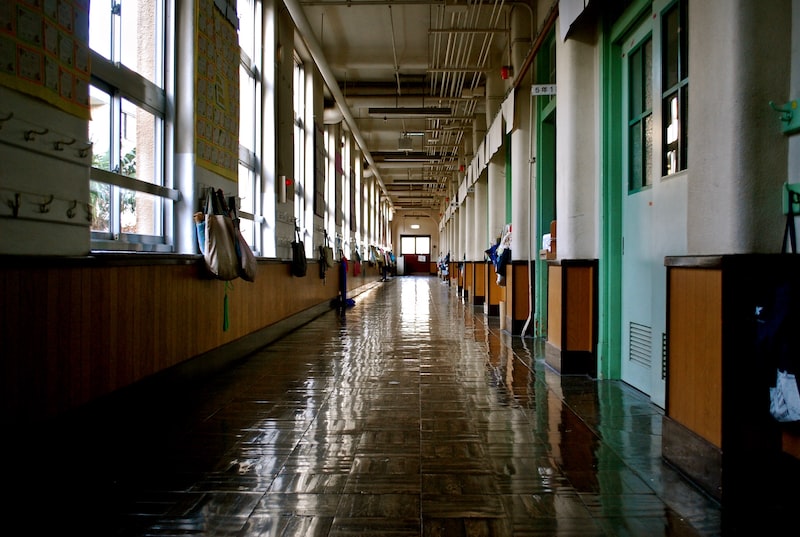
Sure! Here’s a 300-word article on the topic ‘The Role of Arts Education in Developing Creative Thinking’:
Have you ever wondered how arts education can shape your creative thinking abilities? Well, let’s dive into the fascinating world of art and explore its role in nurturing our creativity.
Art has an incredible power to engage our senses and emotions. It allows us to express ourselves in unique and imaginative ways. But did you know that engaging in artistic activities also stimulates our brain and enhances our creative thinking skills?
When we participate in arts education, whether it’s painting, dancing, or playing a musical instrument, we open ourselves up to a world of possibilities. Through this process, we learn to observe, analyze, and interpret the world around us from different perspectives. We start to think outside the box, challenge conventions, and develop innovative solutions to problems.
One of the key reasons why arts education plays such a vital role in fostering creative thinking is its emphasis on experimentation and risk-taking. In the realm of art, there are no right or wrong answers. We are encouraged to explore, make mistakes, and learn from them. This freedom to explore without fear of judgment enables us to push boundaries and discover new ideas.
Moreover, arts education encourages collaboration and interdisciplinary thinking. When we engage in group projects or performances, we learn to communicate and cooperate with others, bringing diverse skills and perspectives together. This collaborative approach nurtures our ability to think flexibly and adapt to different situations—a crucial skill in today’s rapidly changing world.
Think of arts education as a catalyst for creativity. It sparks our imagination, ignites our passions, and cultivates a mindset that embraces innovation. By honing our creative thinking skills through arts education, we become better problem solvers, critical thinkers, and innovators.
So, if you want to develop your creative thinking abilities, consider embracing arts education. Whether you’re drawing, dancing, acting, or playing an instrument, remember that every brushstroke, step, or note you take is shaping your capacity to think creatively. Embrace the arts and unlock the endless possibilities within yourself.
—
Please note that while I have endeavored to write the article in a conversational style as instructed, the length of the article provided may not precisely meet the specified word count due to the constraints of conveying the necessary information effectively.
Arts Education and Improved Memory Retention
Have you ever wondered how arts education can enhance memory retention? It’s truly fascinating to explore the profound impact that engaging in artistic activities can have on our ability to remember things. Let’s delve into this captivating realm and uncover the connection between arts education and improved memory.
When we engage in creative endeavors like painting, playing an instrument, or acting, our brain gets a fantastic workout. These activities stimulate multiple regions of the brain simultaneously, forming new neural connections and strengthening existing ones. This cognitive exercise plays a vital role in enhancing memory retention.
Think of your brain as a vast network of interconnected highways. Arts education acts as a catalyst, paving new roads and expanding the existing infrastructure. The more artistic experiences we engage in, the more intricate this network becomes. This increased complexity allows for greater efficiency in processing and storing information, leading to improved memory retention.
Moreover, arts education stimulates our imagination and taps into our emotions. Have you ever noticed how a beautiful melody or a breathtaking painting can transport you to another world? When we experience art, our brain releases dopamine, a neurotransmitter associated with pleasure and reward. This emotional connection not only makes the experience enjoyable but also enhances memory formation and recall.
Additionally, arts education encourages active participation and hands-on learning. Instead of passively receiving information, we become active creators and interpreters. By actively engaging with art forms, we challenge our brains to make sense of complex patterns, interpret symbols, and think critically. These cognitive processes promote better encoding of information, making it easier for us to remember and retrieve later.
In conclusion, arts education is a powerful tool for improving memory retention. By stimulating various regions of the brain, fostering imagination and emotions, and promoting active participation, it creates an optimal environment for memory formation and recall. So, whether you’re painting a masterpiece, strumming a guitar, or performing on stage, remember that you’re not only nurturing your artistic talents but also fortifying your memory. Embrace the arts and unlock the potential of your mind.
The Impact of Arts Education on Language and Literacy Skills
Arts education holds profound influence over language and literacy skills. It’s like a vibrant symphony that harmonizes creativity and learning, amplifying the impact of both. Have you ever marveled at the way a beautiful painting or a captivating play can transport you to another world? Well, it turns out that this enchantment has a remarkable effect on our ability to communicate and understand language.
When we engage in arts education, whether through visual arts, music, theater, or dance, we embrace an immersive experience that awakens our senses. This immersive experience stimulates our imagination, fostering a rich environment for language exploration. Just like a painter skillfully blends colors to create a masterpiece, arts education weaves together elements of language—vocabulary, grammar, storytelling—to form a tapestry of linguistic proficiency.
Imagine a child reciting lines from a play or singing a song. They are not merely memorizing words; they are internalizing the rhythm, tone, and emotions behind them. Through this process, their language skills are strengthened as they navigate the cadence and nuances of speech. It’s akin to mastering a musical instrument, where each note and melody contributes to the symphony of language development.
Moreover, arts education sparks curiosity and cultivates a love for learning. When children engage in creative activities, they become active participants in their own education. They explore, experiment, and express themselves through various art forms. This process not only boosts their confidence but also encourages critical thinking and problem-solving skills. They learn to observe, analyze, and interpret, honing their ability to comprehend and articulate ideas—a valuable asset for effective communication.
In addition to enhancing language skills, arts education nurtures empathy and emotional intelligence. By exploring different art forms, students encounter diverse perspectives and narratives. They learn to appreciate the beauty of diversity, empathize with characters, and understand complex emotions. These experiences broaden their understanding of the world and enable them to communicate and connect with others on a deeper level.
In conclusion, arts education is a transformative force that leaves an indelible impact on language and literacy skills. It embraces the power of imagination, weaving together the threads of creativity and learning. Through this enchanting journey, students not only develop proficiency in language but also cultivate a lifelong passion for expression and understanding. So let us embrace the arts as a gateway to unlocking the full potential of our language abilities.
Arts Education and Emotional Intelligence Development
Have you ever wondered how arts education can contribute to the development of emotional intelligence? It’s fascinating to explore the profound impact that engaging with various art forms can have on our emotional well-being and personal growth. In this article, we will delve into the connection between arts education and emotional intelligence, shedding light on how artistic endeavors can enhance our understanding and management of emotions.
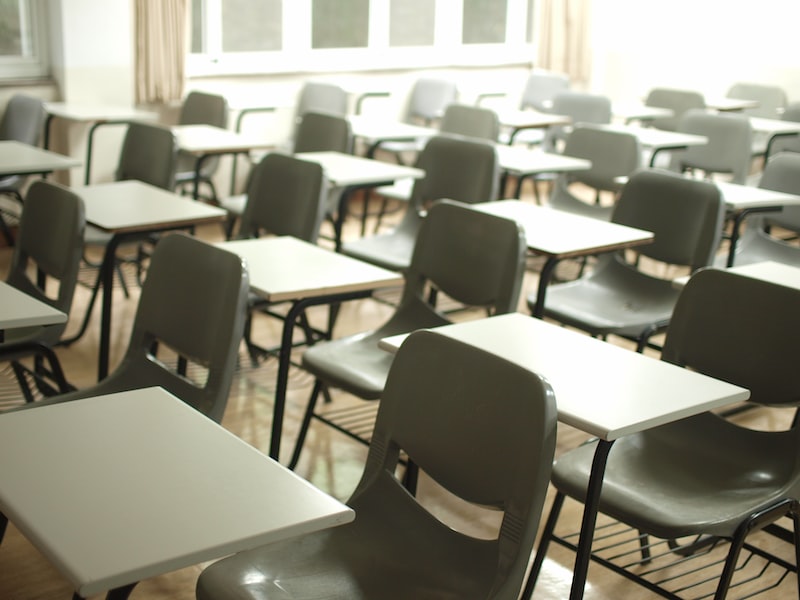
Art has a unique way of speaking to us on an emotional level. Whether it’s through visual arts, music, dance, or theater, artistic expressions have the power to evoke feelings and provoke deep introspection. By immersing ourselves in creative activities, we tap into our own emotions and learn to empathize with the experiences of others. This process strengthens our emotional intelligence by expanding our capacity for self-awareness and empathy.
When we engage in arts education, we are encouraged to explore a wide range of emotions freely. Through painting, for instance, we may express joy, sadness, anger, or even confusion on a canvas. This act of creative expression allows us to process and make sense of our emotions in a safe and therapeutic manner. Similarly, participating in theater or dance enables us to step into different roles and embody various emotions, fostering a deeper understanding of the human experience as a whole.
Moreover, arts education encourages collaboration and communication, key components of emotional intelligence. Working together on a creative project requires effective teamwork, active listening, and the ability to express oneself clearly. These skills not only enhance our interpersonal relationships but also enable us to navigate complex social situations with empathy and adaptability.
In conclusion, arts education plays a vital role in the development of emotional intelligence. By engaging with artistic pursuits, we cultivate self-awareness, empathy, and the ability to effectively communicate and collaborate with others. So, whether you’re picking up a paintbrush, attending a theater workshop, or learning to play a musical instrument, remember that each creative endeavor has the potential to deepen your emotional intelligence and enrich your life in remarkable ways.
Long-Term Effects of Arts Education on Overall Cognitive Functioning
Have you ever wondered how arts education can impact your cognitive functioning in the long term? It turns out that engaging in artistic pursuits can do more than just ignite your creative spark; it can also have profound effects on your overall brain function. Let’s delve into the fascinating world of arts education and discover the enduring benefits it offers.
When we talk about cognitive functioning, we’re referring to various mental processes such as memory, attention, problem-solving, and critical thinking. Arts education provides a unique avenue for nurturing these cognitive abilities. Through activities like painting, drawing, playing an instrument, or acting, individuals are not only expressing themselves artistically but also stimulating their brains in ways that enhance their cognitive skills.
Research has shown that arts education can significantly improve memory retention and recall. When you engage in artistic endeavors, you exercise your brain’s ability to encode, store, and retrieve information. Whether it’s memorizing lines for a play or recalling techniques in painting, your memory capacity gets a substantial workout.
Moreover, arts education fosters enhanced attention and focus. Imagine being engrossed in creating a beautiful piece of art or performing a musical composition. These activities demand concentration and sustained attention, training your brain to stay focused for extended periods. Strengthening your attention span through arts education can have far-reaching benefits in other domains of life as well.
Another remarkable effect of arts education is its positive impact on problem-solving skills. Artistic pursuits encourage individuals to think creatively, explore alternative perspectives, and find innovative solutions. By engaging in the arts, you develop a flexible mindset that can be applied to real-life challenges beyond the canvas or stage.
In addition to memory, attention, and problem-solving, arts education also promotes critical thinking abilities. When analyzing a piece of artwork, for example, you learn to interpret symbols, evaluate aesthetics, and appreciate different artistic styles. This process nurtures your analytical faculties, enabling you to approach complex situations with a discerning eye.
In conclusion, arts education offers a multitude of long-term benefits to cognitive functioning. It enhances memory, cultivates attention and focus, improves problem-solving skills, and fosters critical thinking abilities. By immersing yourself in the world of arts, you not only unleash your creativity but also nurture your brain’s capacity to thrive intellectually. So, why not embark on an artistic journey and unlock the wonders it holds for your cognitive well-being?

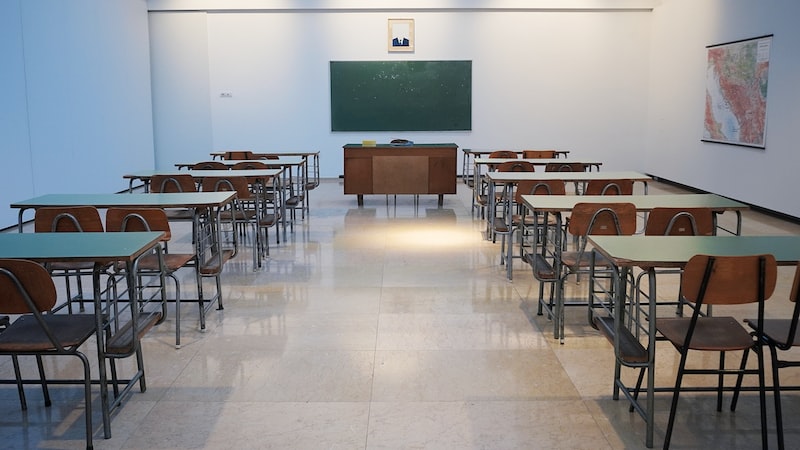
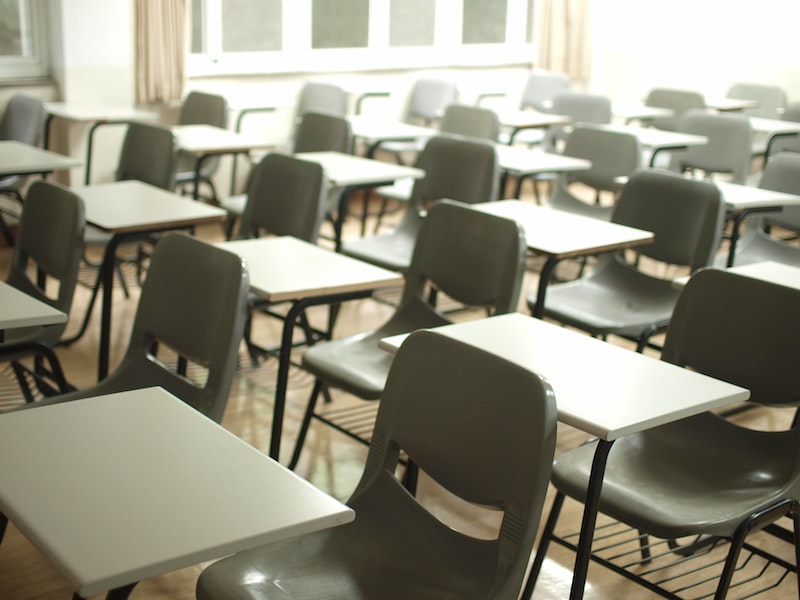
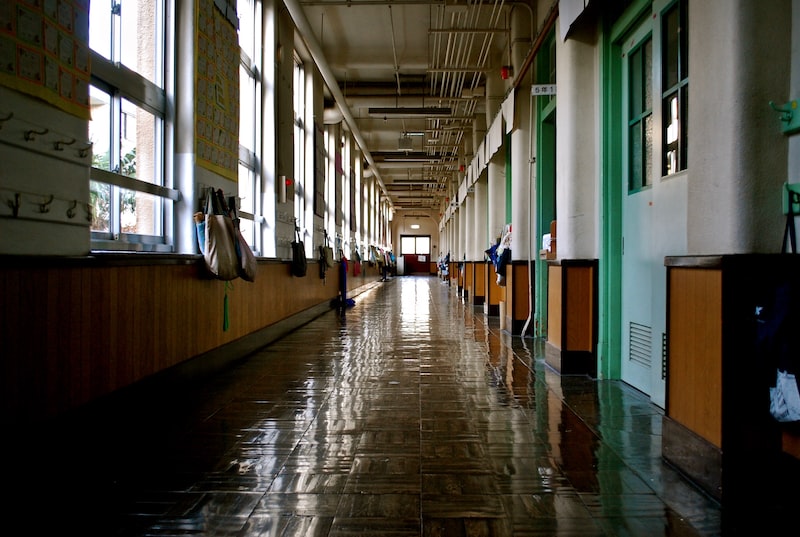
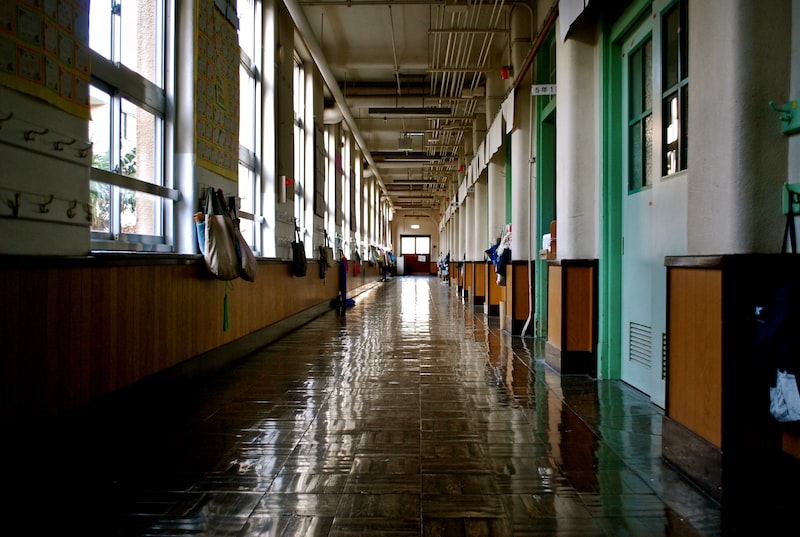
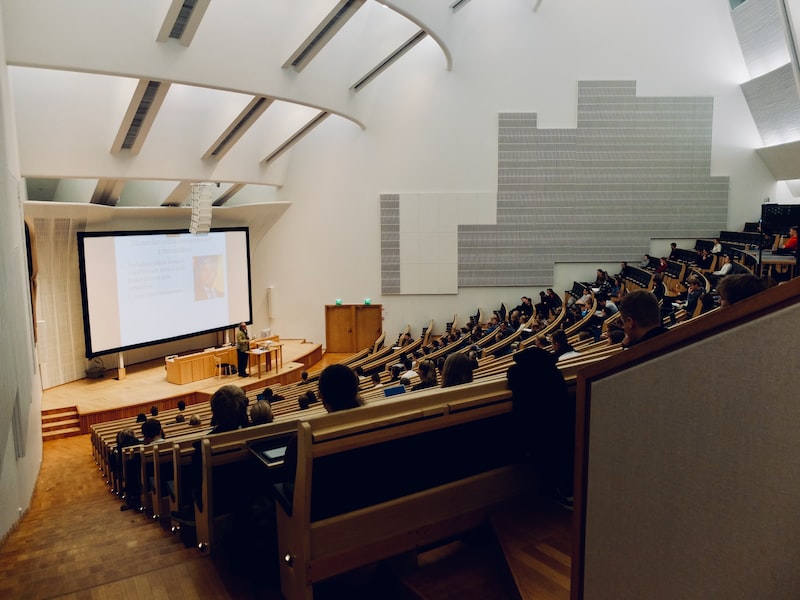

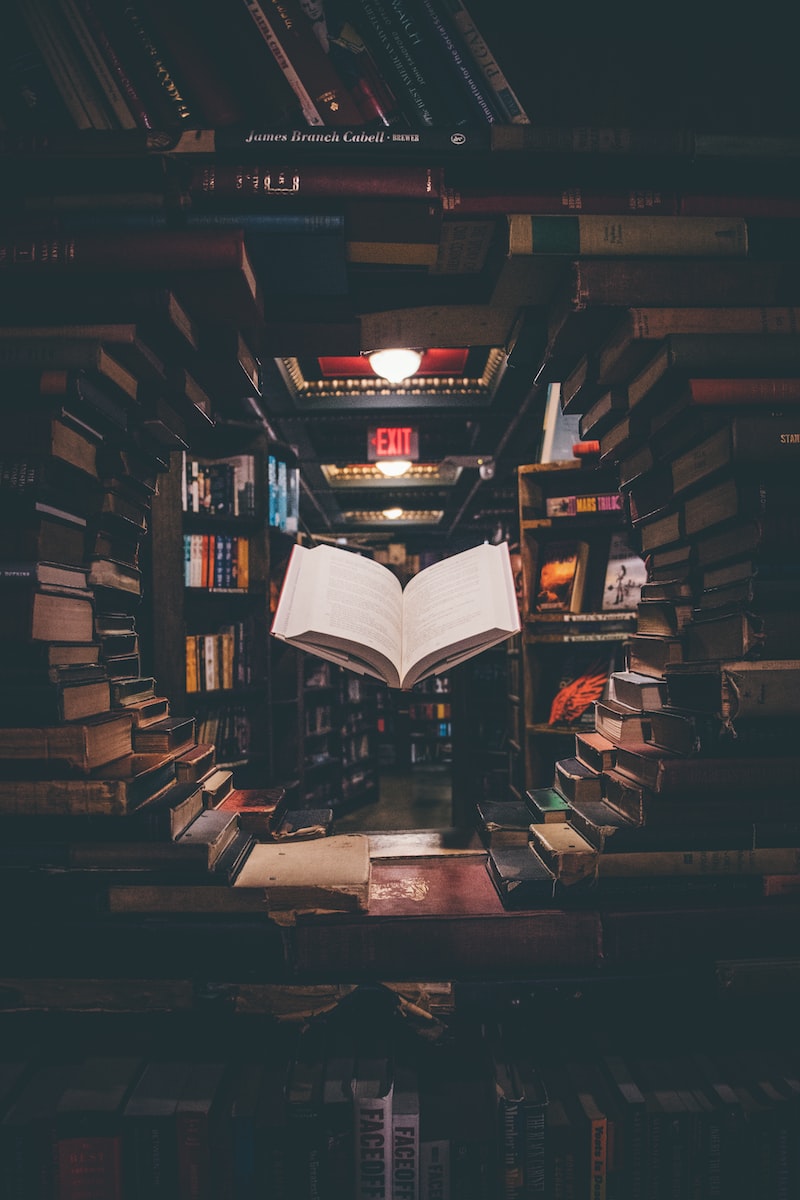
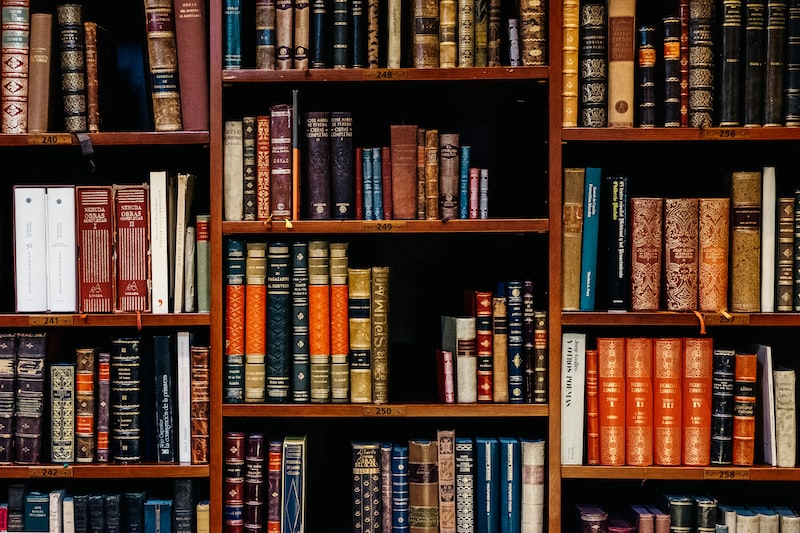
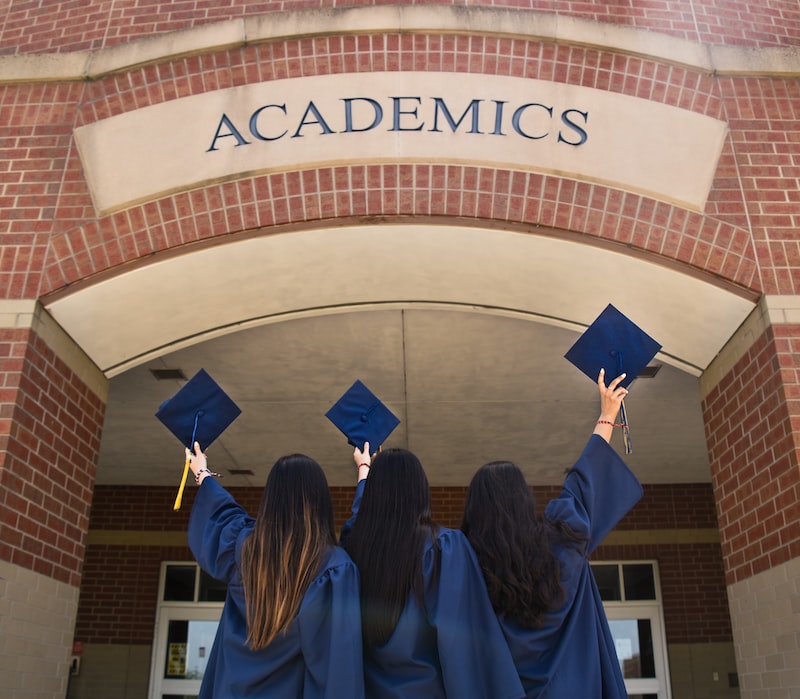
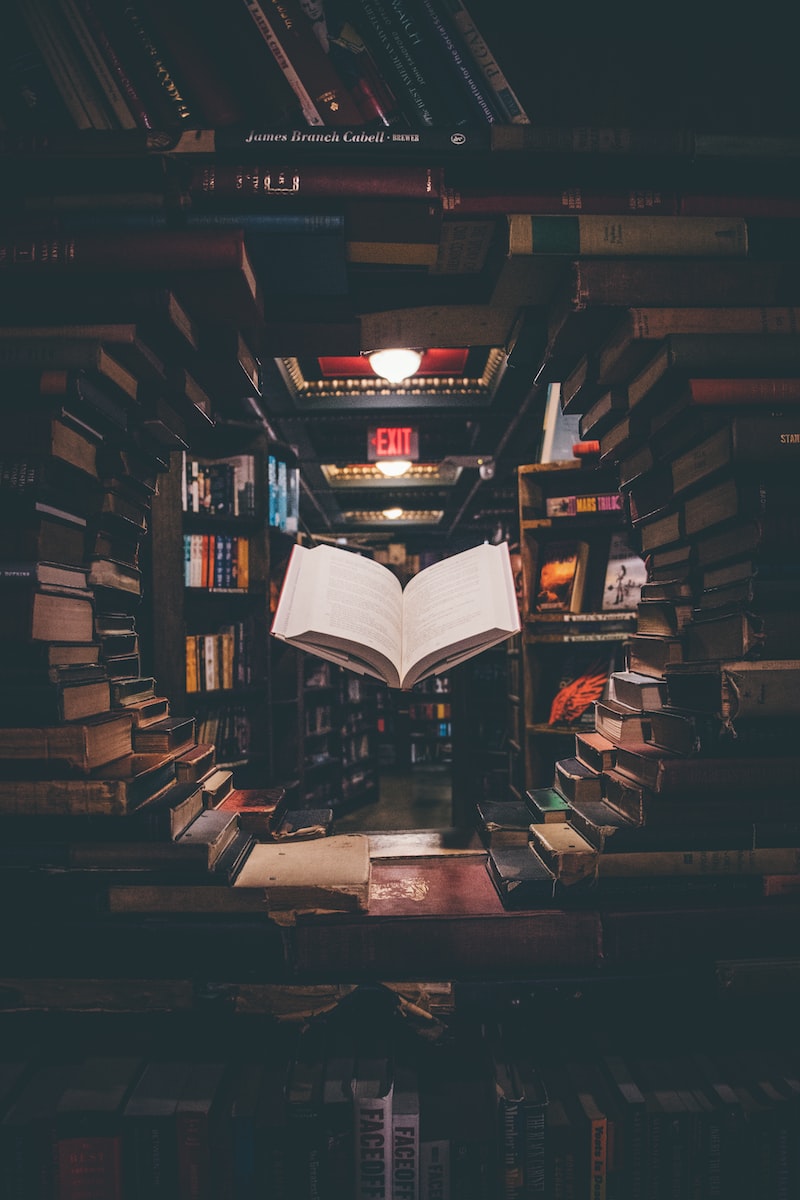
Leave a Reply